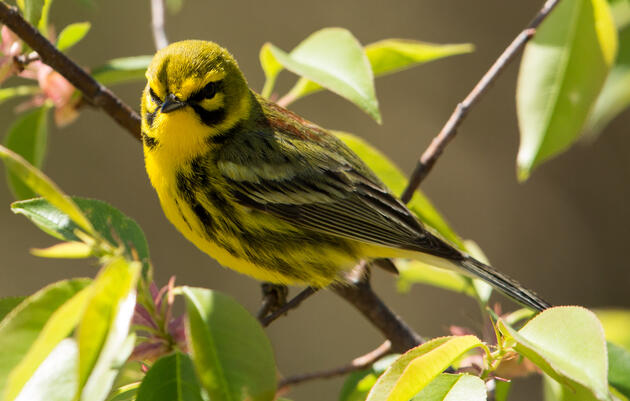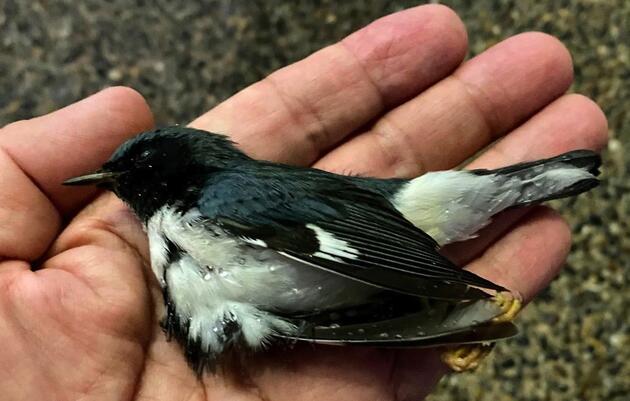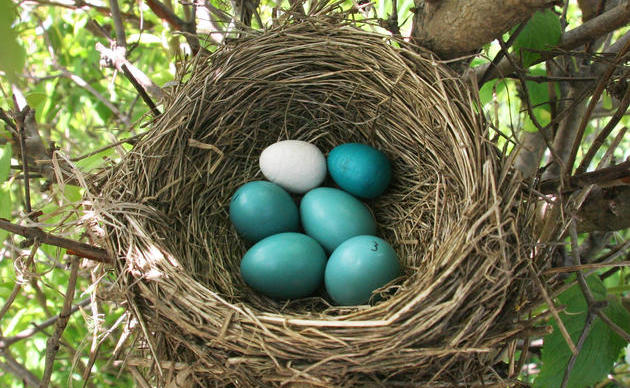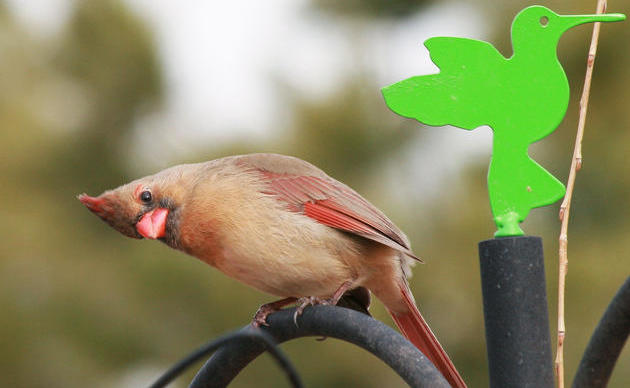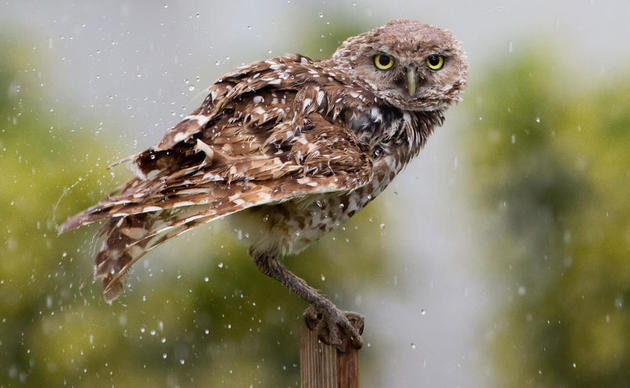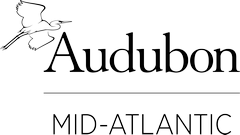2020 has been a year like no other, filled with unprecedented challenges, closures, and change. Throughout this year though, dedicated Audubon staff, volunteers, and supporters throughout the Mid-Atlantic region have powered through to accomplish great achievements for birds and people. From creating safe spaces for birds in a human-dominated landscape, keeping our waters healthy, to creating innovative resources and learning opportunities, the team has achieved much despite the difficulties of this year. Below we bring you a recap of some of those victories. With inspiration and hope, we look ahead to what’s to come in 2021.
Safer Spaces for Birds
Bird-Friendly Communities work took center stage in Pennsylvania a number of times in 2020 featuring new partnerships, ongoing collaborations, and innovative strategies for improving the world around us. Our work to reduce bird-window collisions resulted in coverage of innovative efforts with partners and increased delivery of collision-related outreach and education. Together with our partners, we received national news coverage around bird safety in Philadelphia.
Our Plants for Birds efforts reached new communities through riparian buffer outreach in the Schuylkill Highlands region and native plant advocacy in Newtown. And, a chapter-state collaboration in the Susquehanna Valley saw the launch of a new effort designed to boost partnerships and increase availability of native plants in the region.
Bird-friendly Forestry
As part of its Healthy Forest Program, Audubon collaborates with foresters to incorporate birds into forest management efforts. This year, Audubon completed work on a major publication, Healthy Forests: A Bird-based Silvicultural Guide for Forestry Professionals. In conjunction with its companion Pocket Guide, this resource is helping to educate foresters, natural resource professionals, and decision makers about priority forest birds and their habitat needs. These publications offer guidance and examples of bird-friendly forest management practices, which can help birds while at the same time meeting timber and recreation goals.
Keeping our Critical Waters Healthy
Audubon worked with decision makers this year to increase investment in work benefitting birds and people in the Delaware River Watershed. With the appointment of Audubon’s Program Director to two conservation committees of the Delaware River Basin Commission (DRBC), Audubon is now better positioned to shape policies to protect critical watershed resources. In the face of unprecedented state budget shortfalls and the threat of severe cuts to water and wildlife protections this year, local Audubon chapters, the Brewers for the Delaware coalition, along with other partners in the watershed rallied to successfully advocate to maintain key conservation funding in Pennsylvania and New York. Through the engagement of eleven craft brewers in promotional events and social media campaigns, we increased awareness of the importance of the Delaware River. Heading into 2021, we look forward to continuing to build and empower cohorts of habitat stewards and advocates. With the support of funding received from the National Fish and Wildlife Foundation Audubon will be engaging landowners and foresters around bird-friendly forest management in New York’s headwaters, restoring meadow and riparian habitat in Philadelphia’s Cobbs Creek area, and educating the public at Prime Hook National Wildlife Refuge about the site’s benefits to people, birds, and other wildlife.
Innovative Learning Opportunities
While Centers across the network have experienced temporary closures due to the pandemic this year, our staff and volunteers have been hard at work, continuing to care for birds and creating new ways to safely connect people with the nature around them. At the John James Audubon Center in Mill Grove, 20 dedicated volunteers continued to care for the non-releasable birds that call the Center home, braving all types of weather in the mornings and evenings, cleaning, feeding, and providing enrichment even in the midst of the pandemic. Collectively they have spent over 700 hours volunteering since the Covid crisis started.
As part of a partnership with Fairmount Waterworks, The Discovery Center reservoir became home to hundreds of young freshwater mussels. Once these mussels mature in size, they’ll be placed in water cleanup projects throughout the Delaware River Watershed. This fall, high school students from Philadelphia were invited to tour the mussel grow stations at The Discovery Center and measure some of the physical characteristics of the mussels and the reservoir, which are then reported back to Fairmount Waterworks and the Alliance for Watershed Education.
To foster continued exploration, interest, and understanding of birds, the environment, and related programs and activities while Centers were closed, our Audubon educators launched the Flying High Learning Series, a collection of fun, interactive, and informative lessons for children and adults of all ages. As safety restrictions continued through the summer, the team pivoted to offering eight weeks of Virtual Summer Camp workshops, with topics ranging from native plants and nest building to water quality testing and owl pellets. Campers were mailed kits in advance to accompany lessons and were given free tours of a Center of their choice at the end of the camp week. Content was delivered through lectures, hands-on activities, and crafts to engage a children of all ages and embrace a multitude of learning styles.
Despite tremendous challenges, Audubon efforts this year supported more robust habitat, cleaner watersheds, new means of learning and communications and safer environments for birds and people alike.

